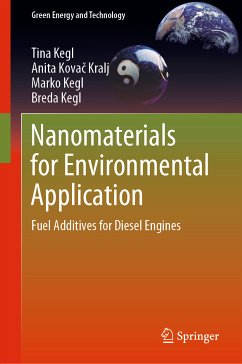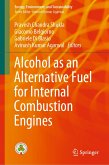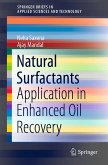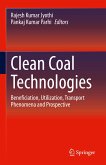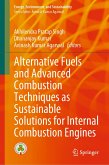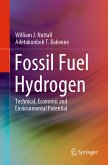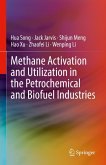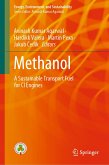Special attention is focused on questions related to the short-term use of nanomaterials in diesel engines, such as:
· What are the most important nanomaterial activities in diesel engines?
· What happens to nanomaterials at various stages, from the fuel tank to exhaust?
· What are the effects of nanofuel usage on diesel engine characteristics? and
· What are the effects of nanomaterials on diesel engine parts and systems?
Given its scope, this book is a valuable resource for researchers and engineers in environmental science, mechanical engineering, and chemical engineering fields, as well as for advanced undergraduate and postgraduate students.
Dieser Download kann aus rechtlichen Gründen nur mit Rechnungsadresse in A, B, BG, CY, CZ, D, DK, EW, E, FIN, F, GR, HR, H, IRL, I, LT, L, LR, M, NL, PL, P, R, S, SLO, SK ausgeliefert werden.

